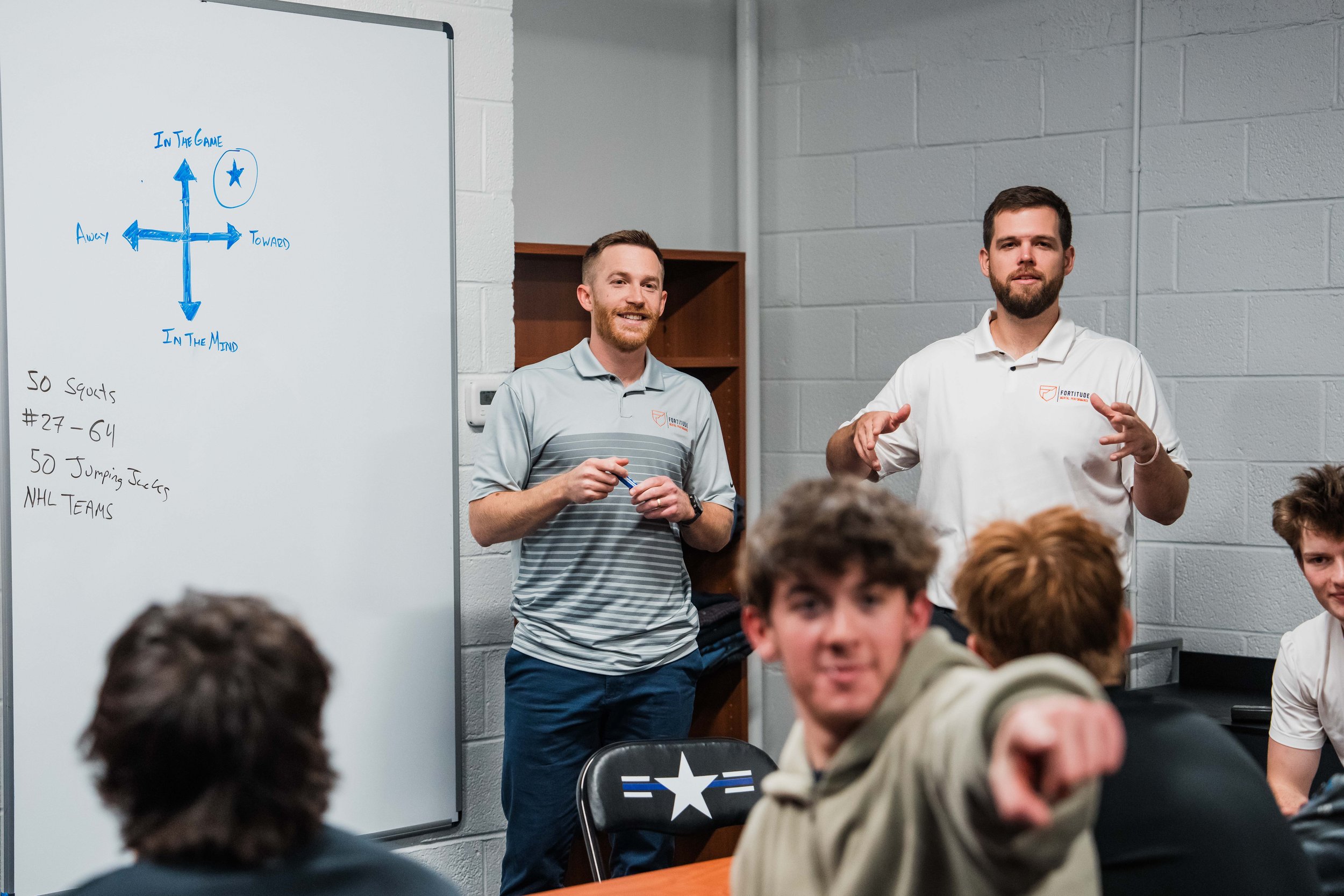
RESILIENCE TRAINING RESOURCES
Coach Fed or Player Led?
Coaches often struggle to find the right balance between giving athletes control and stepping in when needed. Some worry about losing authority, while others hesitate to interfere when athletes take initiative. This tension is part of a broader conversation about leadership styles in coaching—how much to direct, when to step back, and how to empower athletes without sacrificing structure
The Playbook for Player-Led Teams
Developing a player-led team doesn’t mean coaches give up control—it means they strengthen leadership from within. Research shows that high-quality athlete leadership boosts resilience, motivation, and team cohesion while reducing burnout. In this playbook, we break down the essential steps: co-creating standards for clarity and buy-in, redefining leadership as influence, highlighting individual strengths, removing the perfection barrier, and providing leadership reps. When athletes take ownership, teams thrive. Learn how to build a culture where leadership is shared, accountability is natural, and performance reaches new heights.
A new approach to Mental Toughness
Mental toughness isn’t about shutting down emotions—it’s about staying committed to your values and game plan, even under pressure. The key skill behind it? Psychological flexibility. This evidence-backed approach helps coaches develop resilient, high-performing teams by staying present, open, and action-oriented in critical moments. Learn how top coaches build mental toughness in athletes by modeling psychological flexibility in practice and competition
Transformational Leadership
Back in the Fall, a video of Nick Saban talking about transformational leadership on College Gameday went viral. In the video, Saban describes his experience coaching at Michigan State and how, in 1998, he made a seismic shift that forever altered his career.
Motivational Climates
Motivational climates, what are they? For those of you who are familiar with growth mindset, this may seem similar. The important distinction is that growth mindset is, well, a mindset, whereas a motivational climate is the athlete’s perceived structure of the environment.





